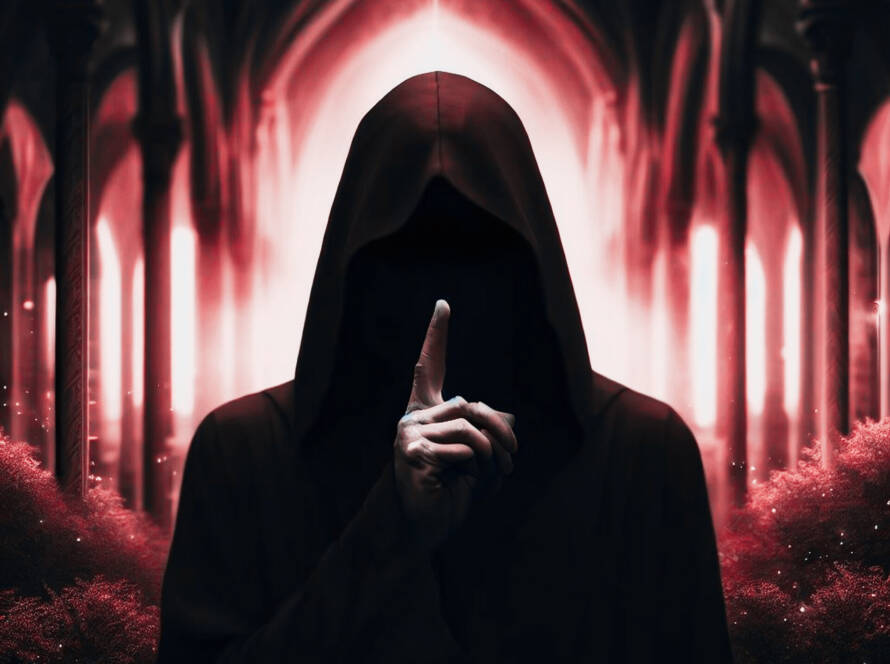The belief that jinn can affect sleep and dreams is common in Middle Eastern and Islamic traditions. Jinn are seen as beings who live in a hidden world and may influence humans in mysterious ways, including during sleep. But could they be connected to sleepwalking? In many cultures, sleepwalking is a puzzling phenomenon where people act while asleep, unaware of their surroundings. Some believe that jinn might play a role in these experiences.
In Islamic folklore, jinn are often seen as tricksters who disturb sleep and influence the subconscious mind. Although there is no concrete evidence connecting jinn to sleepwalking, some people believe that encounters with jinn during sleep could trigger unusual behaviors, like walking or talking while still asleep.
In Western countries, sleepwalking is typically explained by medical conditions like stress or lack of sleep. However, there have been cases where people linked sleepwalking experiences to supernatural events. For example, in a 2011 documentary, “The Nightmare,” several individuals reported seeing dark figures—similar to how jinn is described—during sleep paralysis and sleepwalking episodes. These shadowy beings were seen as evil, leading some to wonder if supernatural forces were at play.
While science attributes sleepwalking to brain activity during deep sleep, belief in jinn continues to influence how people in some cultures view this phenomenon. Whether jinn are helpful or harmful remains a mystery, but they are deeply rooted in the stories passed down through generations.






